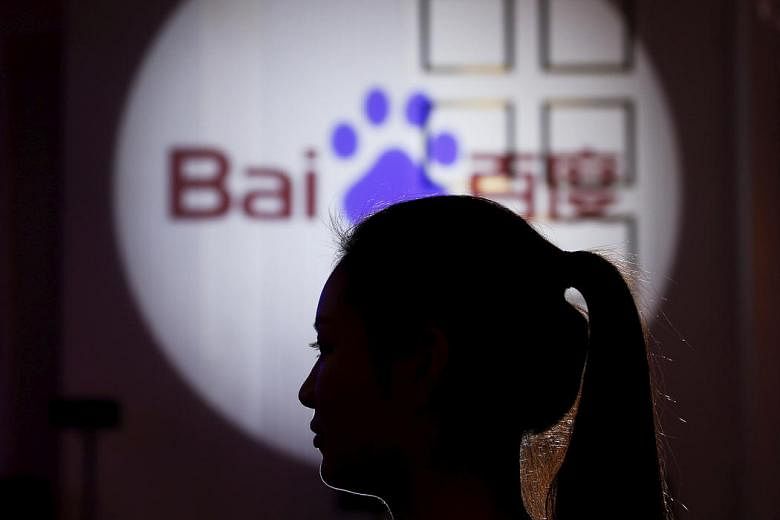China's crackdown this week on several major Internet portals for carrying original news content is aimed at limiting investigative journalism that might cause political damage ahead of a leadership transition in November next year.
Analysts say top leaders want to maintain stability in the lead-up to the Communist Party's 19th national congress, where at least five of the seven people on the apex Politburo Standing Committee are set to retire while successors to President Xi Jinping and Premier Li Keqiang could emerge.
The Cyberspace Administration of China (CAC) announced on Monday that it had fined eight Internet firms for flouting online publication rules and ordered them to "rectify" webpages or social media tools that published original reporting content. The firms involved were China's Internet giants, such as Sina Corp, Tencent, Baidu and NetEase.
A journalism professor, who asked to stay anonymous after being warned by officials not to comment publicly on the issue, said the sections in question had one thing in common: in-depth, investigative journalism that exposed scandals such as corruption probes or government mishandling of accidents or natural disasters.
"These sections were mostly staffed by investigative journalists, with some even from state-run agencies. Their reports have caused damage and embarrassment to the government at times.
"The crackdown sends a message that the government has had enough and wants to ensure political stability," the professor told The Straits Times.
Officially though, the CAC said the problem lies with how the sites had wrongly handled government statements or announcements, and reports from official media outlets such as Xinhua news agency.
Under China's 2005 regulation on management of Internet news sites, which is being updated, online portals have to carry these announcements or state media reports in their entirety without alteration and with attribution.
Journalists operating these sites are barred from reporting work as they do not have official press accreditation passes. Last November, China issued its first batch of such passes to 594 online journalists, who all come from state-run media outlets such as the People's Daily.
Lax enforcement has allowed news portals to set up their own newsrooms and churn out investigative pieces amid the stiff competition for eyeballs. For instance, Sina's "News Geek" webpage published a report this month on a chemical contamination scandal at a Beijing school. The article was later deleted.
The clampdown is another show of force by CAC's new chief Xu Lin, who replaced the outspoken Mr Lu Wei on June 29. On July 3, the CAC warned and punished nine websites for publishing "directly as news reports unverified content found on online platforms such as social media".


